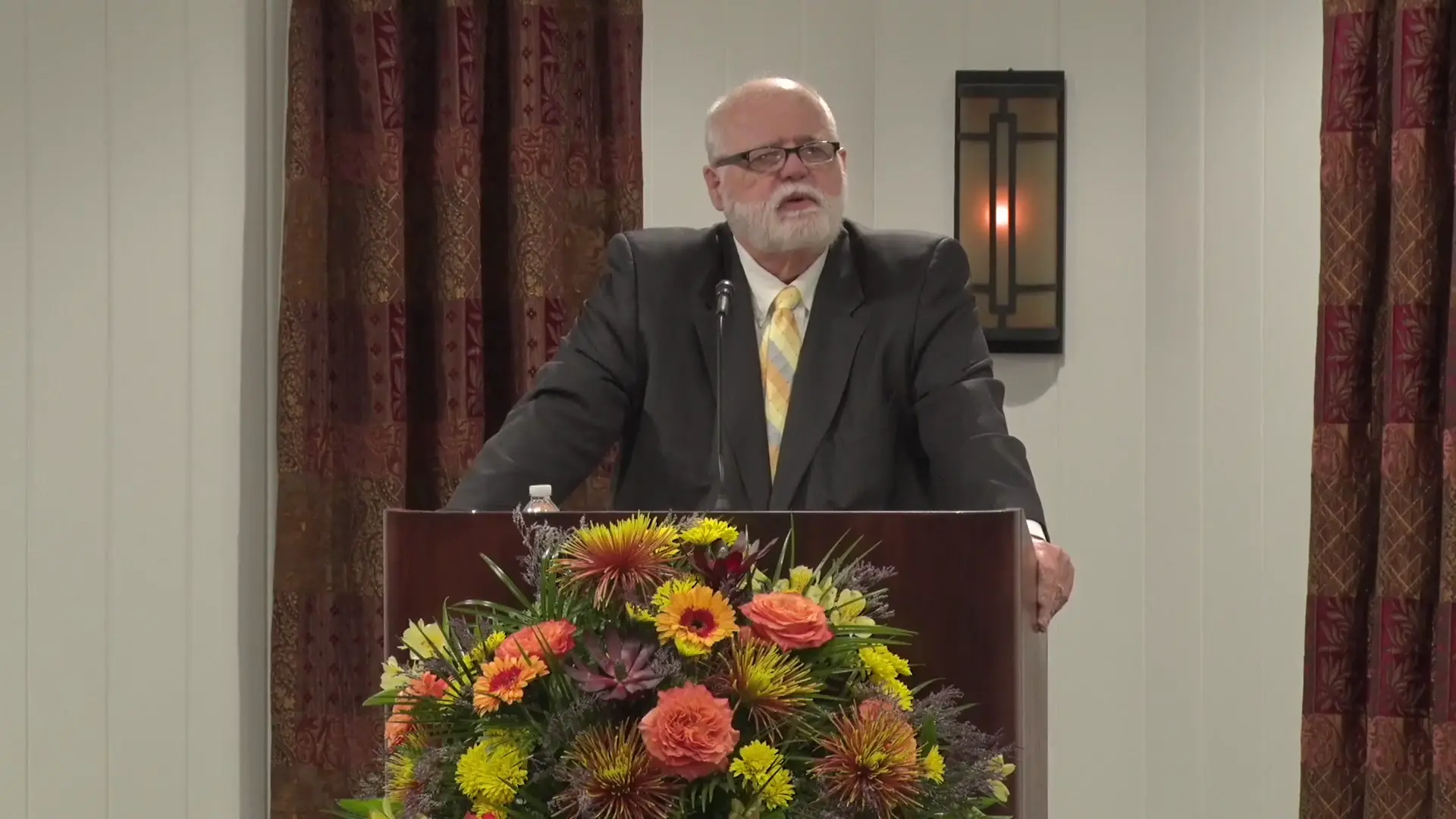Filter by Categories
Sabbathkeeping (Part 4)
Sermon by John W. RitenbaughThe Sabbath holds a unique and sacred place as it is set aside as holy to God. It belongs to Him and is designated as time for Him. God requires that each person set aside this day for His worship and service. No other day is hallowed in the same way, for the Sabbath is the one He has specifically chosen. It is not merely about observing the day, but the manner in which it is observed that marks it as the sign between God and His people, evidencing that He, the Creator, is our God, and those who keep it are His children. The Sabbath was made for mankind, to serve humanity and thus to serve God's purpose. It stands as a sign not only of His role as Creator but also as Savior, memorializing that He sets us free and maintains our liberty. As long as we honor it, our relationship with Him is preserved. The commandment in Exodus 20 looks back to creation, identifying the reason for keeping it because God set it apart at that time. In Deuteronomy 5, an additional emphasis is placed on redemption, reminding us that we were servants in Egypt, thus linking the Sabbath to liberty and our relationship with the Redeemer. God expects a great deal of respect for the Sabbath day, describing it as a day of joy and delight, to be held honorable. It is the right, proper, appropriate, fitting, and worthy day to honor Him, in contrast to the other days of the week. We are to honor Him by using it to do His pleasure, His desire, His will, and His preferences, rather than our own. The emphasis is not on the amount of energy expended on the Sabbath, but on the purpose and intent behind what we do during His holy time. God does not provide a specific list of dos and don'ts for Sabbath-keeping, but offers broad principles and examples from which we are to make righteous judgments. His concern is with what we do and why we do it on His holy time. The Sabbath is intended to be a liberating delight, functioning to produce right relationships with God and fellow man. Through various examples, such as the Israelites marching out of Egypt and through the Red Sea on the Sabbath, or priests performing required offerings, it is shown that expending energy on the Sabbath is justified when it aligns with God's pleasure and purpose.
Sabbathkeeping (Part 3)
Sermon by John W. RitenbaughThe biblical instructions for Sabbath keeping apply far more to the church than to the Israelites, who did not have the fullness of scriptural counsel.

Be Holy, as I am Holy
Sermon by Ted E. BowlingHoliness consists of not merely moral behavior, but a complete spiritual transformation, as exemplified by keeping His seventh day Sabbath.
Sanctification and Holiness (Part 5)
Sermon by John W. RitenbaughGod gives conditions for acceptable sacrifices and offerings, differentiating the holy and authentic from the defiled, unclean and strange.
The Day God Rested
Sermonette by Ryan McClureGod gave the Sabbath as a blessing for man, which, if kept correctly, gives rejuvenating rest, a relief from stress, and a defense against illness.
The Fourth Commandment (Part One) (1997)
'Personal' from John W. RitenbaughMost people think the fourth commandment is least important, but it may be one of the most important! It is a major facet of our relationship with God.
The Commandments (Part Eight)
Sermon/Bible Study by John W. RitenbaughIn our hectic culture, we commit far too little time to God, depriving ourselves of the Holy Spirit and attenuating the faith required to draw close to God.
The Covenants, Grace, and Law (Part Twenty-Nine)
Sermon by John W. RitenbaughA summary of the Covenants, Grace, and Law series, reiterating the differences in the Covenants and the respective places of grace and law in God's purpose.